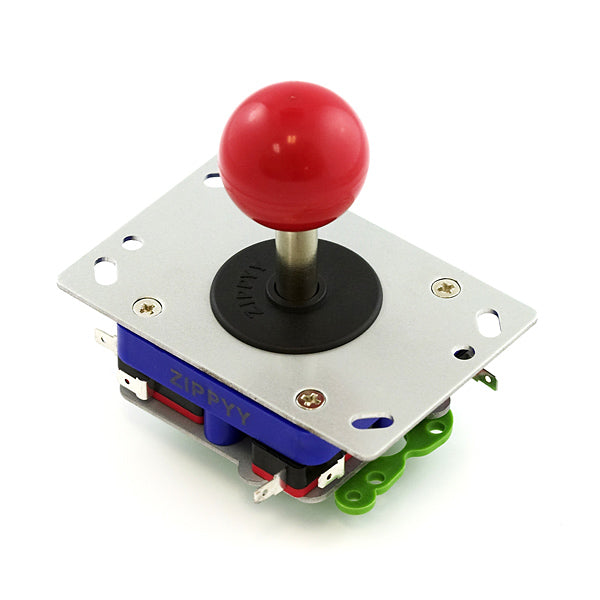Looking to develop a fun, hands-on and interactive Electronics project? Are you a keen gamer? Looking for new ways to deliver the Computing Curriculum? Ever considered building your own game controller…?
Our first prototype of a game controller for the Laika platform
Our new Arcade Joystick and Arcade Push Buttons certainly liven up our range of switches, to say the least, and are heavy duty – carefully chosen to handle the passionate gamers amongst us.

Arcade Joystick – Short Handle
A heavy duty 4-way Pacman-type Arcade Joystick. The joystick uses four microswitches to detect on/off position and has an ABS plastic and solid alloy construction.

Arcade Push Button 33mm, Yellow
This is a 33mm round momentary convex push button, similar to the ones that you find on arcade games. Simple screw in design. Perfect for mashing. The buttons are available in yellow, pink, blue, and green.
This week’s new product additions also include:
Miniature 3V Shaftless Vibrating Motor
A vibration motor! This itty-bitty, shaftless vibratory motor is perfect for non-audible indicators. Use in any number of applications to indicate to the wearer when a status has changed. All moving parts are protected within the housing. With a 2.5V-3.8V operating range, these units shake crazily at 3V. Once anchored to a PCB or within a pocket, the unit vibrates softly but noticeably. This high quality unit comes with a 3M adhesive backing and reinforced connection wires.
Arduino:
RedBoard – Programmed with Arduino
The RedBoard combines the simplicity of the UNO’s Optiboot bootloader, the stability of the FTDI and the R3 shield compatibility of the latest Arduino UNO R3.
The RedBoard can be programmed over a USB Mini-B cable using the Arduino IDE: Just plug in the board, select ‘Arduino UNO’ from the board menu and you’re ready to upload code. RedBoard has all of the hardware peripherals you know and love: 14 Digital I/O pins with 6 PWM pins, 6 Analog Inputs, UART, SPI and external interrupts.
You can power the RedBoard over USB or through the barrel jack. The on-board power regulator can handle anything from 7 to 15VDC.
For the RedBoard Hookup Guide, click here.

Barometric Pressure Sensor – BMP180 Breakout
This is a breakout board for the Bosch BMP180 high-precision, low-power digital barometer. The BMP180 offers a pressure measuring range of 300 to 1100 hPa with an accuracy down to 0.02 hPa in advanced resolution mode. It’s based on piezo-resistive technology for high accuracy, ruggedness and long term stability. These come factory-calibrated, with the calibration coefficients already stored in ROM.
This breadboard-friendly board breaks out every pin to a 5-pin 0.1″ pitch header. VCC can be from 1.8V to 3.6V and is 5V tolerant; we typically run it on a clean, regulated 3.3V supply. The analog and digital supplies (VDDD and VDDA) are tied to a single header pin, but are separately decoupled. It connects to a microcontroller via I²C bus (also known as TWI, or on the Arduino, the “Wire” library).
For a Quickstart Guide, click here.

Big Easy Driver
The Big Easy Driver is a stepper motor driver board for bi-polar stepper motors up to 2A/phase. It is based on the Allegro A4988 stepper driver chip. It’s the next version of the popular Easy Driver board.
Each Big Easy Driver can drive up to about 2A per phase of a bi-polar stepper motor. It is a chopper microstepping driver which defaults to 16 step microstepping mode. It can take a maximum motor drive voltage of around 35V, and includes on-board 5V/3.3V regulation, so only one supply is necessary. Although this board should be able to run most systems without active cooling, a heatsink is recommended for loads approaching 2A/phase.
For a user tutorial, click here.




